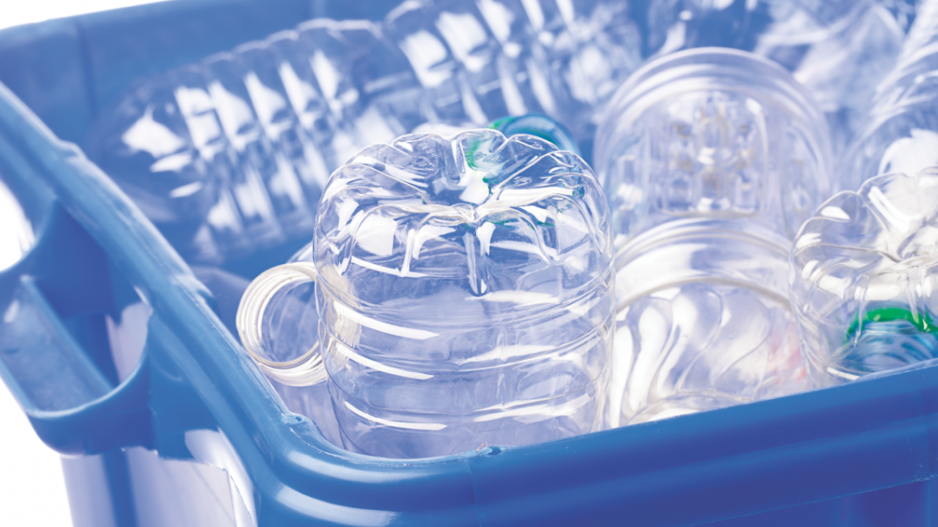A memo to members of the City of Vancouver’s outside workers union says 21 people will be transferred to other branches when Multi-Material BC (MMBC) contractors take over recycling pickup in Vancouver next month.
The CUPE Local 1004 September update says that eight sanitation workers will find new jobs in the transfer and landfill division after October 3, seven in sewers, four in waterworks and two in streets.
“CUPE Local 1004 has worked with the city to expand sanitation stressing cleaning and street litter services, convert temporary full-time members to full-time and avoid any layoffs through a comprehensive labour adjustment plan,” said the September 2 email newsletter.
“The [labour adjustment plan] is a real win in the wake of this loss.”
The memo said Local 1004’s president Andrew Ledger and vice-president Gary Parker “pushed management to ensure all sanitation branch members had the best possible landing spot in line with seniority” and included a timeline of activities from August 11 to 29.
“Sanitation members who move to another branch are entitled to six months wage protection, and then port their seniority to the new branch after six months, in line with the collective agreement,” the memo said.
City hall announced August 31 that Smithrite would collect recyclables at single-family houses and Waste Management Services would do the job for most multi-unit residential buildings. Residents will no longer be billed for recycling service on their utility bill or property taxes in 2017, but the city news release omitted mention of the agreement with CUPE to redeploy affected workers. The Vision Vancouver-majority city council agreed at the end of November 2013 to make the City of Vancouver a contractor for Multi-Material BC, the industry-led organization that is privatizing blue box programs across the province. Last November, city council voted to hand over recycling collection to MMBC contractors before January 2017.
A report by Albert Shamess, the city’s waste management director, said the city faced a $4.1 million funding shortfall under its contractor relationship with MMBC that would grow to $5.4 million.
The city also faced a $12 million bill to replace its aging fleet of trucks. Shifting to MMBC, the report said, “would provide an opportunity to invest funds currently used to cover the recycling funding shortfall into other program areas such as litter collection, abandoned and illegally dumped waste, new recycling initiatives and other public realm cleanliness initiatives that would advance Greenest City and Healthy City goals.”
The Shamess report said all permanent staff would be redeployed to new positions and vacancies through regular attrition within sanitation and other engineering branches, but did not mention how many workers would be affected.
Last March, city hall and Local 1004 reached a new four-year contract that includes a 7% raise for the 1,600 workers, slightly better than the 6.75% increase over the four-year deal that expired in late 2015. The new deal also includes $200,000 for Local 1004 to study “contracting-in” work.
Ledger said the framework for the labour adjustment plan was negotiated last fall, coinciding with negotiations for the new collective bargaining agreement. He added that the “mechanics” were completed in August.
“The complications weren’t in relation to bargaining. The complications were in making sure that our members weren’t going to lose work, that was the focus of the LAP,” Ledger said in an interview.
“Unfortunately, the provincial government created MMBC. It wasn’t that Vision or the city were driving to contract that work out. Their hand was being forced by MMBC. That’s the lens we’ve been looking at the situation through.”
During Vision Vancouver’s 2014 re-election campaign, councillors Geoff Meggs and Raymond Louie appeared at a Local 1004 meeting and promised not to expand contracting out.
Later in the same meeting, Local 1004 pledged a $34,000 donation to Vision, which was matched by both the union’s provincial and national headquarters. Vision raised a record $3.41 million for its 2014 campaign, including $231,000 in donations from CUPE. •




